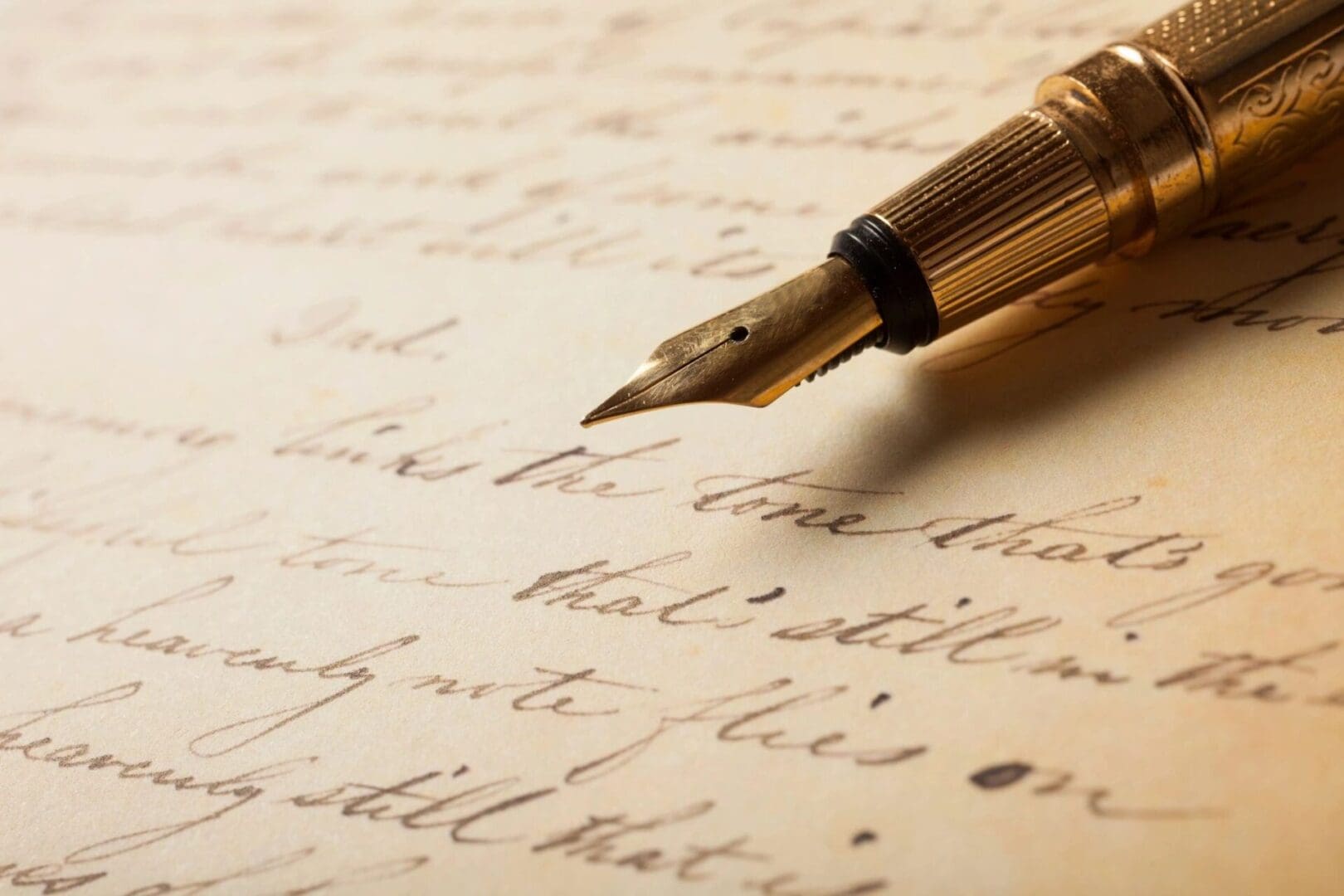Search Posts
Recent Posts
- Bed Bug Awareness: At home, hotel rooms, dorms, vacation rentals, only 29% can identify a bed bug June 8, 2025
- A crack in the foundation – Michael Morse June 8, 2025
- Ask Chef Walter: Ultra processed foods – Chef Walter Potenza June 8, 2025
- Rhode Island Weather for June 8, 2025 – Jack Donnelly June 8, 2025
- Vinny Paz to be inducted TODAY into the International Boxing Hall of Fame – CES Boxing June 7, 2025
Categories
Subscribe!
Thanks for subscribing! Please check your email for further instructions.

“An Original American” – Gregory Butler
by Gregory Butler, commentary to RINewsToday
His father, who married young, sailed across the ocean with his wife and three children to that place called New England. To Boston.
The hero of our story was the youngest son in what became a very large family. At ten years old he was put to work in his father’s business as a “tallow chandler and soap boiler,” making candles and soap, and hating it.
Having shown a penchant for reading, at twelve his father apprenticed him to his older brother by a contract of indenture, as a printer. When the brotherly quarrels became too much, he fled by boat.
To New York first, where he could find no work, and then into a passing sloop which he helped row all the way to Philadelphia, where he “knew no soul, nor where to look for lodgings.” He was seventeen years old, dirty, tired, with a dollar and a shilling; he bought a few rolls of bread, then followed a crowd into a Quaker meeting house, where he fell asleep.
He soon enough found work for his hands to do.
If you haven’t guessed by now, this was Benjamin Franklin.
The rest of the story is familiar, or should be. He worked—long hours—into owning his own business and made himself wealthy by the time he was forty. There were the experiments with electricity and numerous practical inventions.
He rose from local to national politics, was one of five leaders selected to draft the Declaration of Independence, was a signer of that document, of the Treaty of Paris, and of the Constitution. For years, in the gravest situations, he gave invaluable diplomatic service to his country.
Throughout his career, among the many maxims and sayings found in his Poor Richard’s Almanac, he preached the values of hard work, thrift, and financial prudence. Such values are as much needed today as they ever were. Needed!
Why do I dwell on Dr. Franklin?
Because, as again we celebrate the Fourth of July, he should be in the mix. First, he used all his talents and curiosity (inspiration to all), second, he shaped his county (aspiration to the common good).
Ben was a city guy, yes, but he promoted agricultural innovation. Even here, listing the good climate and natural resources of the country, he added, “the rest depends on a Man’s own Industry and Virtue.”
There are naysayers even to Franklin. Real nonsense—when one considers the many civic projects Franklin set in motion—a police force, fire brigade, libraries, hospitals, schools, and in his will, money to build a pipeline for clean water to his city. (Poor Philly could use some of that vision now.)
In old age, he was at the Constitutional Convention, and in the year 1790 signed a memorandum calling for the abolition of slavery.
Worthy of praise.
___
Gregory Butler, owner of Butler Landscaping, is a URI graduate, with a master’s from Providence College. Butler was a litigation paralegal in Massachusetts and Rhode Island for 21 years.
